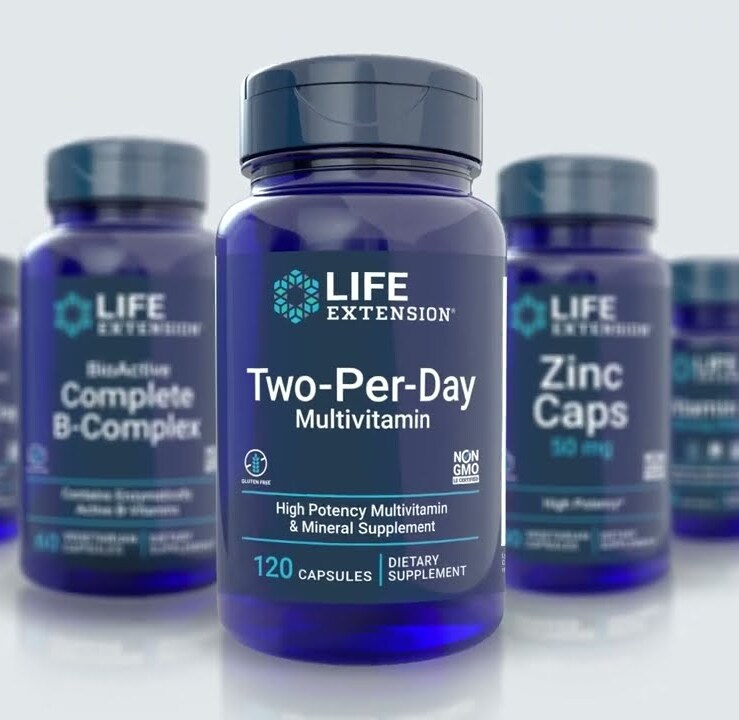Can You Freeze Cheese?


Related products
Many people are interested in freezing cheese to extend the shelf life of this dairy product. According to food scientist Dr Alan Walker, "Cheese can be frozen, though the texture and flavour might alter." This is because freezing will alter the moisture content or structure of the cheese. According to the British Cheese Board, "hard cheeses like Cheddar, Gouda, and Swiss tend to freeze better than soft cheeses like Brie or Camembert."

Can You Freeze Cheese?
Yes, you can freeze cheese, but the texture and flavour may change depending on the type of cheese and how it is frozen. Hard cheeses like Cheddar, Gouda, and Swiss freeze better than soft cheeses like Brie or Camembert.
What is the Impact on the Nutritional Value of Frozen Cheese?
Freezing does not affect the nutritional values of cheese. According to Dr Emily Turner, a nutritionist, "The macronutrient composition—proteins, fats, and carbohydrates—does not change much during freezing." However, some vitamins like vitamin B12 do exhibit minimal potency loss. Statistics from the Dairy Council maintain that frozen cheese retains up to about 95% of its nutrient value.
How to Freeze Cheese Properly
Cheese should be either tightly plastic wrapped or put in aluminium foil to achieve the best quality when frozen. Food Safety Specialist Dr Mark Harrison advises, "Using vacuum-sealed bags can reduce contact with air; this helps to preserve flavour and texture of the cheese." The National Dairy Association suggests freezing cheese in portions which can be used at one time to avoid thawing more than once, which will cause deterioration in quality.
Thawing and Usage of Frozen Cheese
This is in the interest of quality cheese. According to a microbiologist named Dr Susan Moore, "Cheese should be thawed in the refrigerator rather than at room temperature to reduce the risk of bacterial growth." In such cases, defrosted cheese will go well in cooked dishes where texture is not an issue—for instance, in casseroles or sauces. The Food Standards Agency also corroborates this point by indicating that cooking helps alleviate these freezing-induced textural changes to a large extent.

People Also Ask
What cheeses should not be frozen?
Soft cheeses don't freeze well; they tend to be watery and often readily spoiled.
Why is freezing not recommended for cheese?
Freezing is not advised with cheese since it has detrimental effects on both the texture and flavour. Moisture content and structure in the cheese may turn into a crumbly or mushy texture from freezing.
Is cheese OK after being frozen?
Yes, it is generally okay, though it most probably will be affected in texture and flavour. Best for use in cooked dishes where changes are less noticeable.
Can you freeze cheddar cheese in the UK?
Yes, you can freeze Cheddar cheese in the UK. Actually, it freezes well; it retains most of the original texture and flavour if wrapped and stored properly.
Conclusion
Freezing cheese is quite practical in terms of extending its shelf life but requires proper handling. The nutritional value remains practically intact, although the texture and flavour change according to the type of cheese and the freezing process applied. Proper techniques and expert advice can significantly attenuate these changes, making frozen cheese quite workable for consumers and the food industry. Continue to learn about the 20 Best Protein Cheeses for a Healthier Diet





































 Rated Excellent by 26,523+ Reviews
Rated Excellent by 26,523+ Reviews